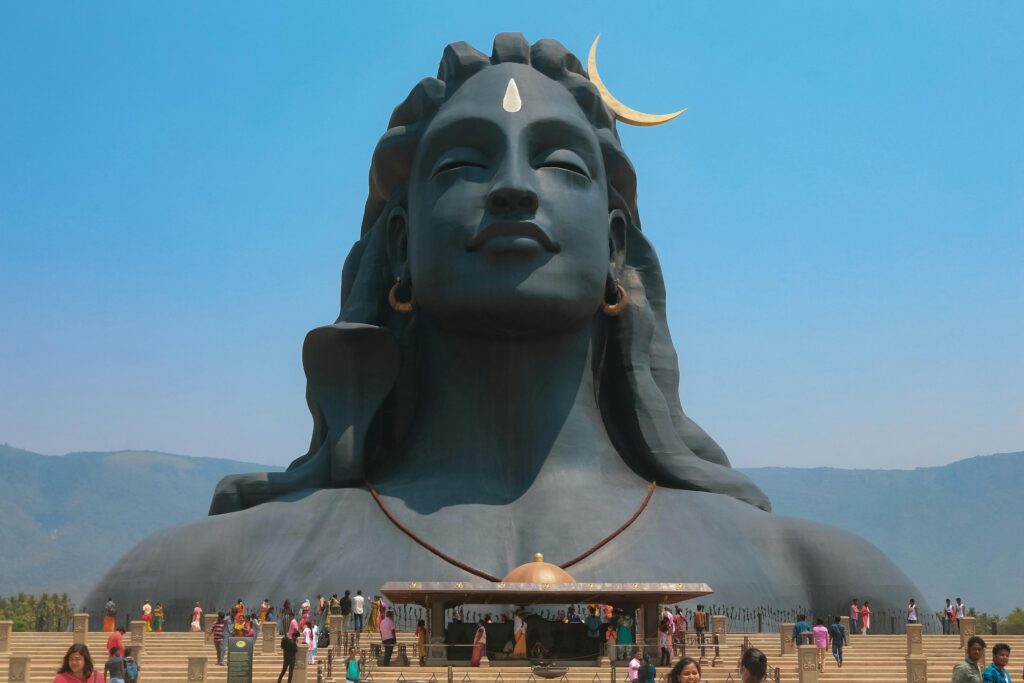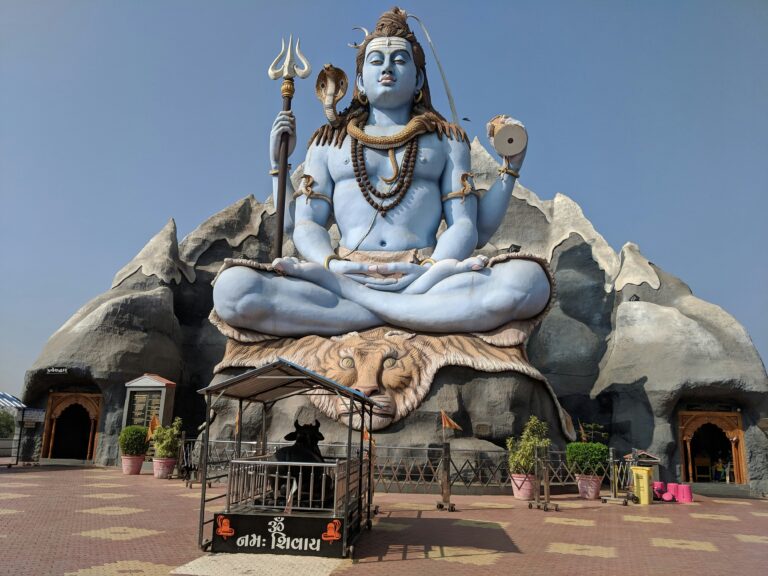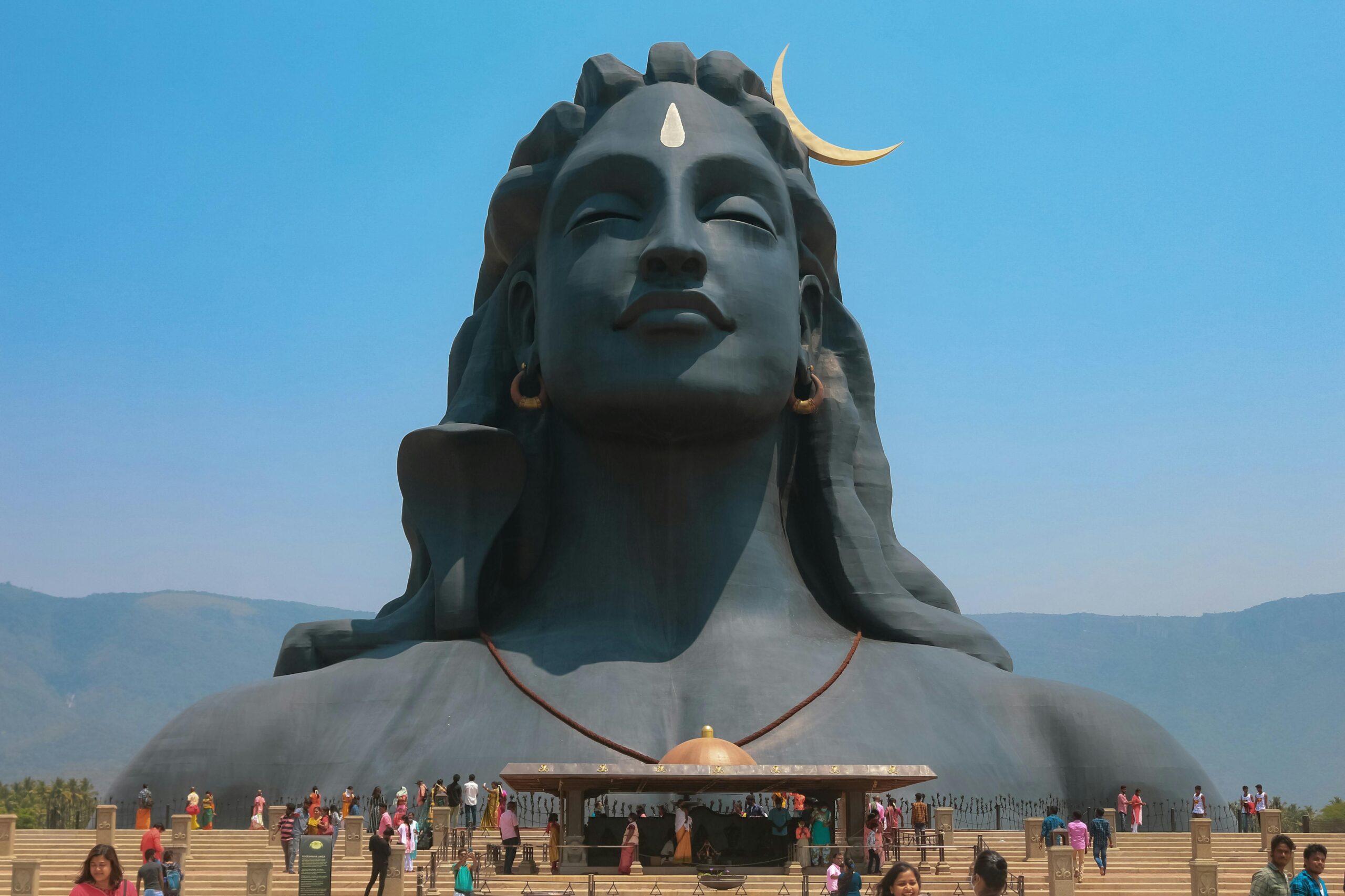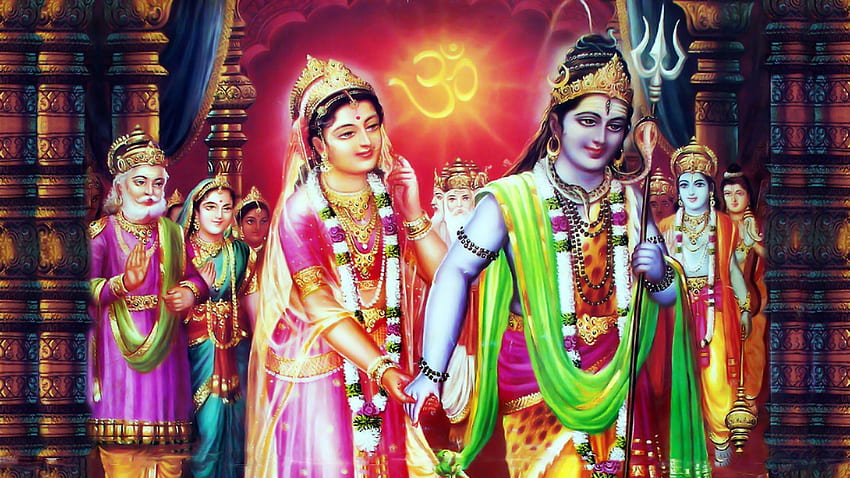
Maha Shivaratri, a revered Hindu festival, is celebrated with enormous fervor, respect, and devotion by followers of Lord Shiva across the globe. This auspicious festival marks the convergence of Shiva and Shakti, the universal forces representing destruction and creation respectively.
Table of Contents
ToggleSignificance of Maha Shivaratri
The festival of Maha Shivaratri, which translates to ‘The Great Night of Shiva,’ is a grand event that carries immense significance in Hinduism. It is believed that observing rituals and practices on this night can lead to spiritual growth, the removal of negative energies, and the attainment of moksha, liberation from the cycle of birth and death.
Maha Shivaratri:Celebrating the Divine Wedding
According to one legend, Maha Shivaratri marks the divine wedding of Lord Shiva and Goddess Parvati. It is believed that on this day, the cosmic couple unites, symbolizing the convergence of dynamic and static energies of the universe. Devotees celebrate this divine union by performing special rituals and prayers.
The Emergence of the Shiva Principle:
Another prominent belief associated with Maha Shivaratri is that it is the night when the Shiva principle emerged in the universe. The Shiva principle represents the transcendental divine consciousness that provides relief from all three types of problems – adhyatmik (spiritual), adhibhoutik (material), and adidaivik (divine). By recognizing and celebrating the Shiva tattva (principle) within us, we can experience a sense of deep serenity and benevolence.
Observing Maha Shivaratri
Maha Shivaratri is observed by performing rituals, fasting, and staying awake throughout the night. Devotees visit Shiva temples, perform special pujas, and engage in chanting mantras, singing devotional songs, and meditating.
Fasting and Vigil
Observing a fast on Maha Shivaratri is considered highly auspicious. Devotees abstain from food and water for the entire day and break their fast after the final aarti in the mid-night or on the next day after taking a bath. It is believed that observing this fast with sincerity and devotion can lead to the attainment of divine blessings and spiritual liberation.
Ritualistic Worship
On Maha Shivaratri, devotees worship the Shivalinga, an iconic representation of Lord Shiva, with water, milk, honey, and bel leaves. They also light lamps and incense sticks, symbolizing the removal of ignorance and the illumination of wisdom. These ritualistic practices are believed to purify the mind and the environment, creating a conducive atmosphere for spiritual practices.
Nightlong Vigil and Meditation
Staying awake and vigilant throughout the night of Maha Shivaratri is a significant practice observed by devotees. They participate in nightlong satsangs, listen to stories and legends related to Lord Shiva, sing devotional songs, and meditate. This vigil is symbolic of being alert to one’s higher consciousness.
Mantras and Chants
Chanting mantras on Maha Shivaratri is considered highly beneficial. The vibrational energies of these sacred chants can help attune the mind to higher realms of consciousness, leading to spiritual awakening. Some of the popular mantras chanted during Maha Shivaratri include the Panchakshari Mantra (‘Om Namah Shivaya’), the Rudra Mantra, and the Maha Mrityunjaya Mantra.
Astrological Significance
From an astrological perspective, Maha Shivaratri holds immense significance. On this day, the sun and the moon are believed to be in a particular alignment that is beneficial for spiritual practices. It is said that the natural upsurge of energies in the human system can be harnessed effectively through meditation and other spiritual practices on this day.
Maha Shivaratri Around the World

While Maha Shivaratri is celebrated across all regions of India, it is also observed by Hindu communities around the world. The celebration includes cultural festivals, dance performances, and musical concerts dedicated to Lord Shiva. In many places, grand processions are taken out, and community feasts are organized.
The Spiritual Essence of Maha Shivaratri
The essence of Maha Shivaratri lies not just in ritualistic worship but in aligning oneself with the universal consciousness represented by Lord Shiva. It is a day to introspect, meditate, and tune into the subtle energies of the universe. The observance of this festival can lead to spiritual growth, inner peace, and the realization of one’s divine nature.
Conclusion
Maha Shivaratri is a profound spiritual occasion that celebrates the divine dance of creation, preservation, and destruction. It is a day to honor Lord Shiva, the supreme consciousness, and to awaken the Shiva tattva within us. By observing Maha Shivaratri with sincere devotion and spiritual discipline, one can experience a heightened state of consciousness and a deeper connection with the divine.
Let this Maha Shivaratri be a night of awakening, a night of spiritual illumination, and a night of divine bliss. Om Namah Shivaya!

